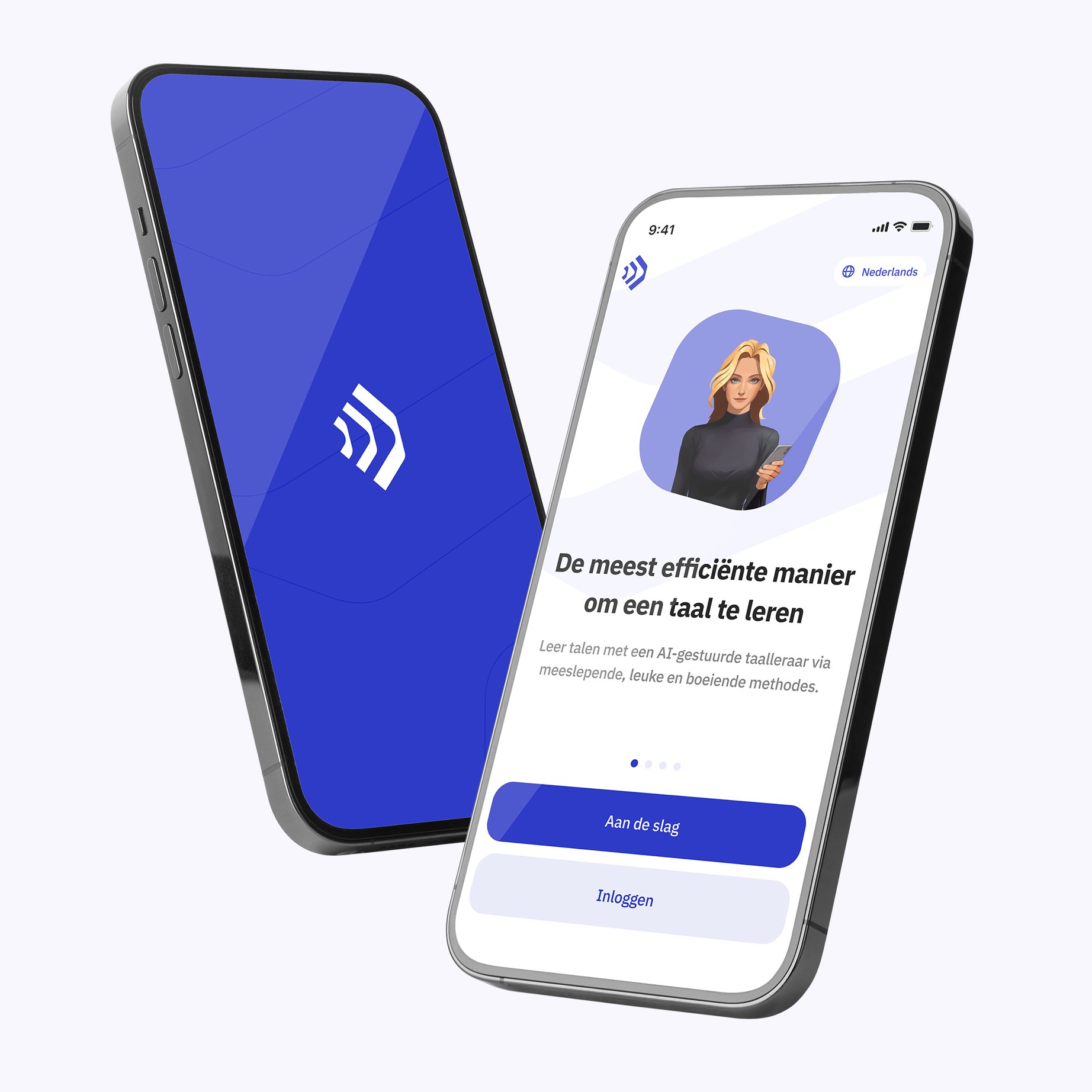What are Indefinite Pronouns?
Indefinite pronouns are a type of pronoun that does not refer to a specific person, place, thing, or idea. They are used when the speaker or writer wants to refer to someone or something in a general or nonspecific way. Indefinite pronouns are usually singular and can function as the subject or object of a sentence.
Indefinite pronouns can refer to people, such as “someone” or “everyone,” or to things, such as “something” or “nothing.” They can also refer to amounts or quantities, such as “some,” “many,” or “none.”
Types of Indefinite Pronouns
There are several types of indefinite pronouns in English grammar. Let’s explore each type in detail:
1. Singular Indefinite Pronouns
Singular indefinite pronouns refer to one person, thing, or idea. Examples of singular indefinite pronouns include:
- Anyone: Anyone can join the club.
- Someone: Someone is waiting for you.
- Everybody: Everybody loves a good story.
- Nobody: Nobody was present at the meeting.
These pronouns are used to refer to people or things in a general or nonspecific sense.
2. Plural Indefinite Pronouns
Plural indefinite pronouns refer to more than one person, thing, or idea. Examples of plural indefinite pronouns include:
- Both: Both of them attended the conference.
- Several: Several have already agreed to participate.
- Many: Many are excited about the upcoming event.
Plural indefinite pronouns are used when referring to multiple people or things without specifying their exact number or identity.
3. Indefinite Pronouns with Singular or Plural Form
Some indefinite pronouns can be used in both singular and plural form, depending on the context of the sentence. Examples of such indefinite pronouns include:
- All: All is well. (singular)
All: All are welcome. (plural) - Any: Any is fine. (singular)
Any: Any are free to join. (plural) - None: None has arrived yet. (singular)
None: None of them were present. (plural)
In these examples, the pronouns “all,” “any,” and “none” can be used to refer to a singular noun or a plural noun, depending on the verb usage in the sentence.
4. Indefinite Pronouns as Adjectives
Some indefinite pronouns can also function as adjectives. In this case, they modify nouns and provide additional information. Examples of such indefinite pronouns as adjectives include:
- Some: Some books are on the shelf.
- Many: Many people attended the concert.
- No: No pets are allowed in the building.
Here, the indefinite pronouns “some,” “many,” and “no” are used to describe or quantify the nouns “books,” “people,” and “pets,” respectively.
5. Indefinite Pronouns in Negative Sentences
When used in negative sentences, some indefinite pronouns change their form. Examples of such indefinite pronouns in negative sentences include:
- Anything: I don’t have anything to eat.
- Anyone: He didn’t invite anyone to the party.
- Nothing: There is nothing wrong with that.
In negative sentences, the indefinite pronouns “anything,” “anyone,” and “nothing” emphasize the absence or negation of something or someone.
Using Indefinite Pronouns in Sentences
Now that we have explored the different types of indefinite pronouns, let’s see how they are used in sentences:
1. Singular Indefinite Pronouns:
- Somebody called while you were out.
- Everybody needs a little encouragement sometimes.
- Nothing can stop us from achieving our goals.
2. Plural Indefinite Pronouns:
- Both of them are excellent musicians.
- Several have already expressed their interest.
- Many were excited about the new project.
3. Indefinite Pronouns with Singular or Plural Form:
- All is forgiven.
- All the students are present.
- Any is welcome to attend the party.
- Any of them can help you with the task.
- None of this matters anymore.
- None were able to solve the puzzle.
4. Indefinite Pronouns as Adjectives:
- Some books are on the table.
- Many people enjoyed the performance.
- No pets are allowed in the park.
5. Indefinite Pronouns in Negative Sentences:
- I don’t know anything about it.
- He didn’t see anyone at the store.
- There is nothing wrong with your decision.
Conclusion
Indefinite pronouns are an essential part of English grammar as they allow us to refer to nonspecific people, places, things, or ideas in a more concise and effective manner. By understanding the different types of indefinite pronouns and their usage in sentences, you can improve your language skills and communicate more clearly. So, the next time you come across an indefinite pronoun, remember its function and use it appropriately in your speech or writing.










